Analysis | June 24 (V7N) - In recent weeks, the world has witnessed a troubling uptick in military aggression, diplomatic breakdowns, and superpower rivalries, raising a disturbing question: Is the planet edging toward a global war?
The ongoing conflict between Iran and Israel has now drawn in the United States, following a direct missile strike on American military bases in Qatar and Iraq. In retaliation, Israel has reportedly intensified its aerial assaults across Iranian cities. Civilian casualties in Iran have surpassed 500, according to state media, and strategic zones such as Tehran, Isfahan, and Bandar Abbas remain under high alert.
A Region on Fire
The Middle East, already fraught with historical and sectarian tensions, is now the epicenter of a potential global flashpoint. Saudi Arabia and the Gulf Cooperation Council (GCC) have initiated emergency diplomatic communications, while Qatar, citing security concerns, has temporarily shut down its airspace and suspended schools. This has already impacted international trade, aviation, and public morale across the Gulf.
Iran’s Revolutionary Guard Corps (IRGC) has named its attack on the U.S. base “Operation Basharat Fateh,” signaling not only a military move but a symbolic one, embedded in religious and political messaging.
Domino Effect Across Continents
Meanwhile, in Europe, the Russia-Ukraine war continues to claim lives and drain resources, pulling NATO deeper into military commitments. With Finland and Sweden joining NATO and Russia responding with escalated cyber and missile attacks, the continent is seeing Cold War dynamics re-emerge.
Simultaneously, Asia remains tense. Taiwan has reported increased aerial violations by Chinese fighter jets, prompting warnings from the United States of “severe consequences” if sovereignty is breached. Japan and South Korea, already uneasy, have bolstered their own defenses.
What the Experts Are Saying
Dr. Alina Rauf, geopolitical analyst at the Geneva Institute of Strategic Studies, tells Voice7:
“What’s different this time is not just the number of conflicts, but the convergence of nuclear-capable states on opposite ends. There is no single warfront—there are many, and each has global stakeholders.”
General Richard T. Meyers (Ret.), former commander of U.S. Central Command, notes:
“The Iran-Israel-U.S. triangle has become volatile. If a miscalculation happens—say, an attack hits a major U.S. base or oil infrastructure in the Gulf—it could activate multiple defense treaties and turn regional wars into a world war.”
Zahidul Haque, professor of international relations at Dhaka University, points out:
“Economic sanctions, weaponized trade routes, and currency blockades have created a financial cold war alongside military escalations. This is a 21st-century world war in evolution—hybrid in nature.”
Economic Frontlines
The conflict has already rattled global markets. Crude oil prices have spiked 20% in one week, and supply chain disruptions are now affecting fresh food exports from South Asia. In Bangladesh, a fruit fair in Qatar has been indefinitely postponed due to canceled flights and diplomatic uncertainty.
Financial institutions are warning of a return to global recession if instability continues. Bangladesh is already facing rising import costs and has resorted to drawing $1.3 billion in IMF loan installments, along with $400 million in new AIIB climate loans to cushion the fiscal strain.
What Lies Ahead
While the United Nations has called for "maximum restraint," diplomatic routes appear to be narrowing. The power centers of the world—Washington, Moscow, Beijing, Tehran, and Tel Aviv—are locked in a spiral where neither trust nor timing favors peace.
Voice7 News will continue to monitor and analyze developments in this unfolding crisis. The signs are grim, but awareness, transparency, and dialogue remain humanity’s last defense against a catastrophe of historic scale.
END/SMA/AJ/



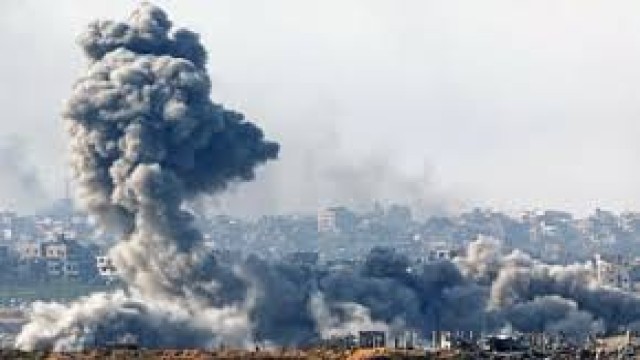
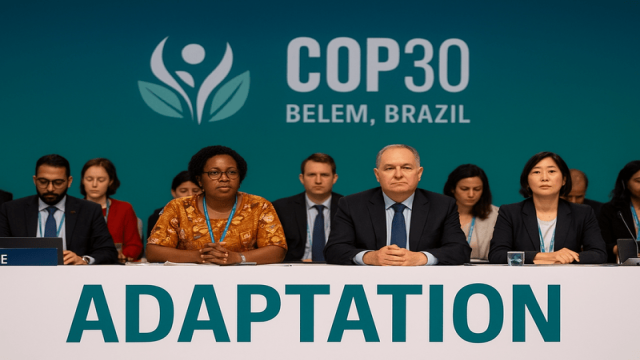
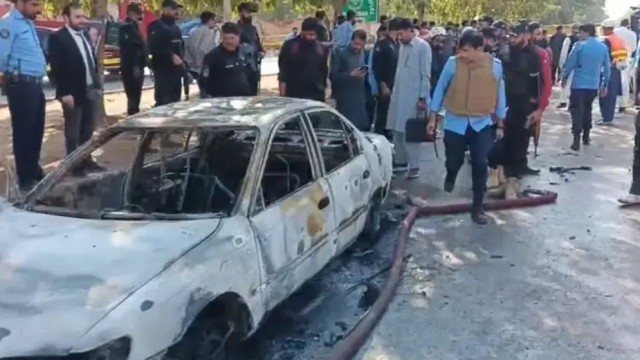
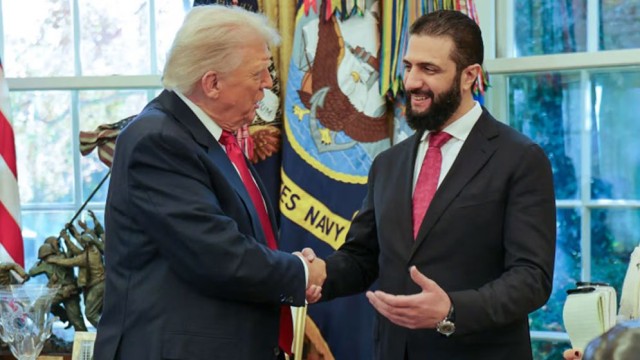
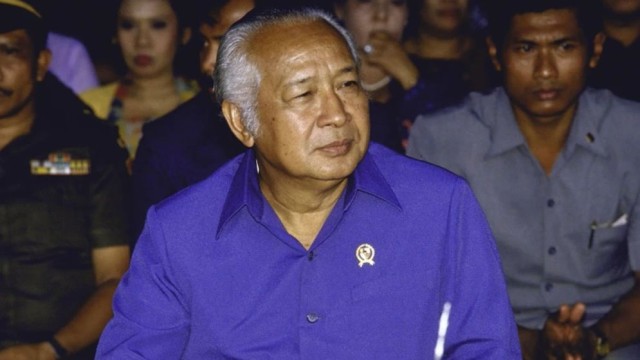
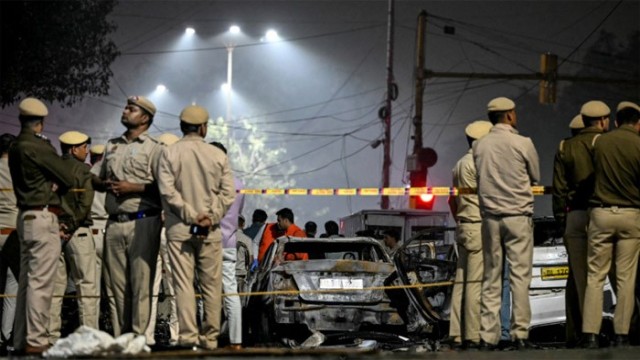
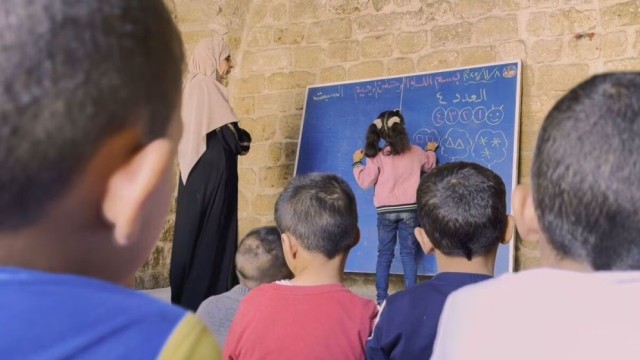


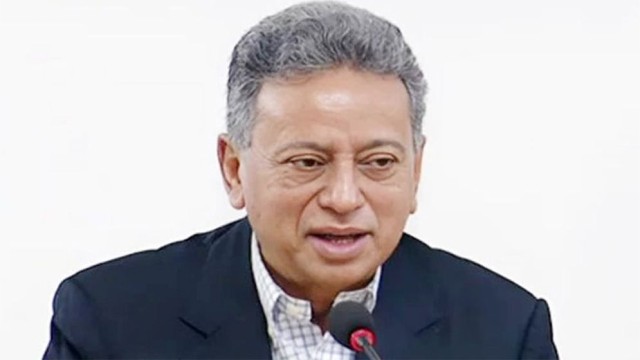

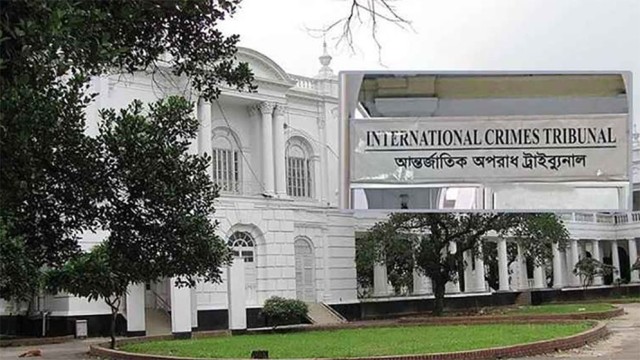

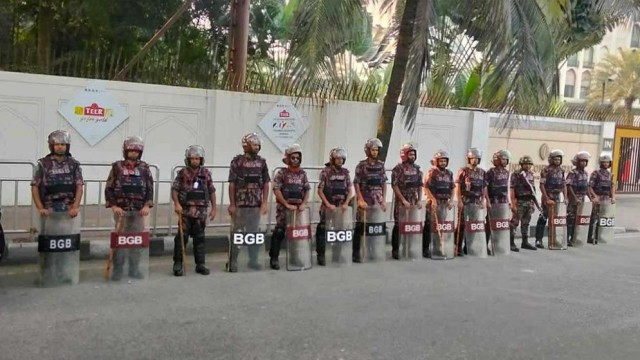

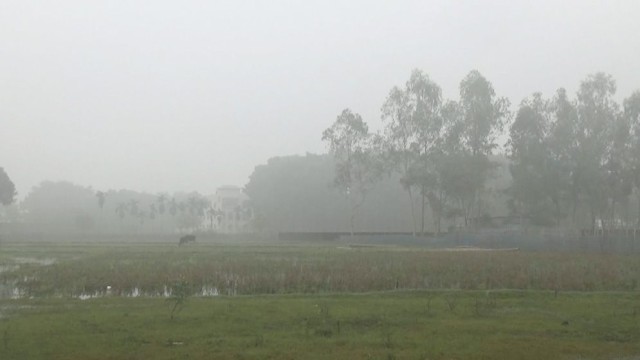
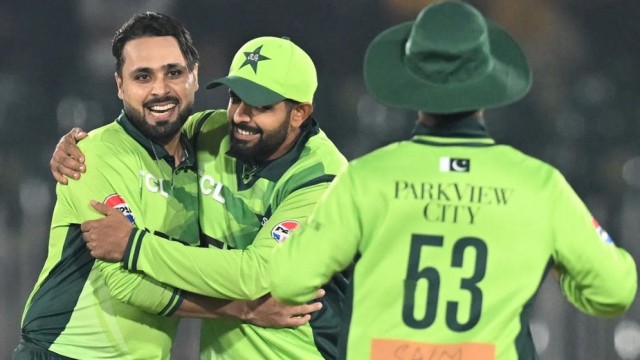


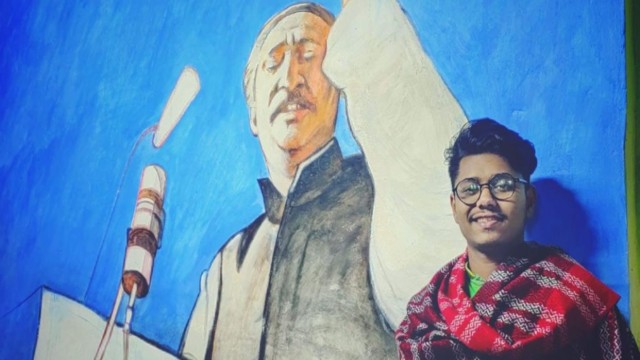
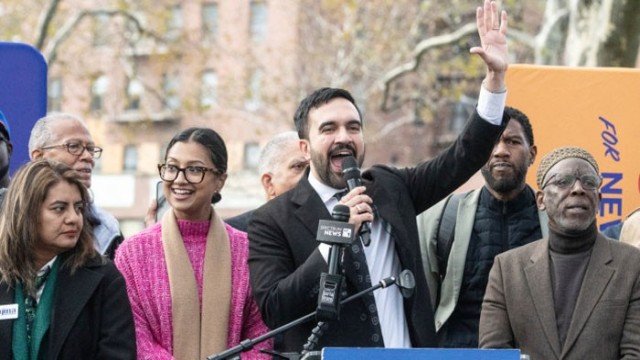
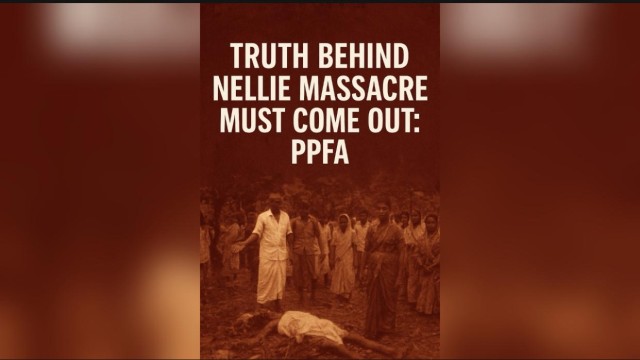




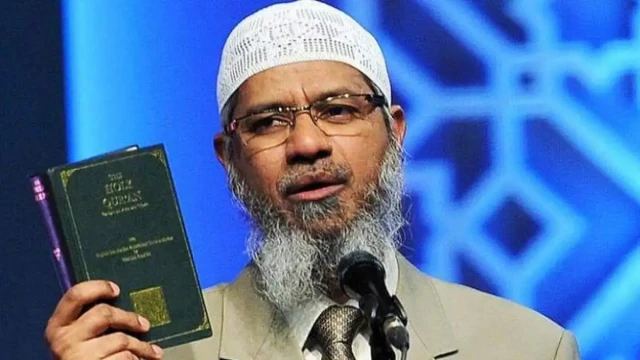
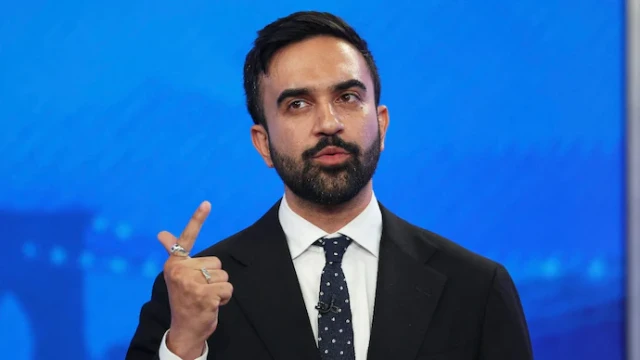
Comment: